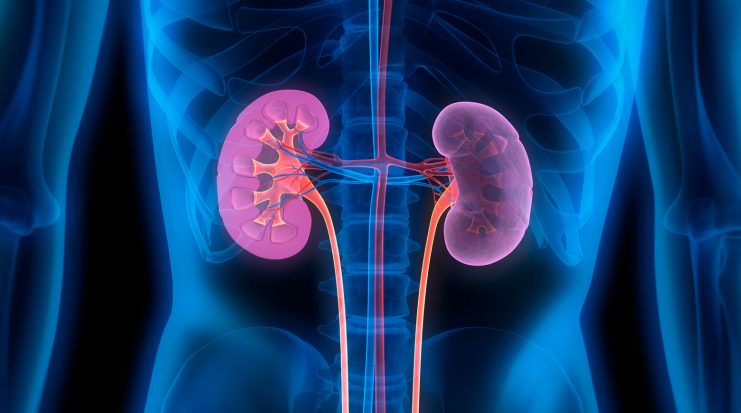Advertisment
Researchers find enzyme that could unlock kidney treatment

Article written by Gary Finnegan.
Chronic kidney disease affects approximately 700 million people worldwide with many going on to require dialysis. Now a new enzyme has been discovered which could help to curb the impact of the condition.
This enzyme, NEDD4-2, is critical for kidney health, according to Dr Jantina Manning at the University of South Australia. In a paper published in Cell Death & Disease, her team has shown a correlation between a high salt diet, low levels of NEDD4-2 and advanced kidney disease.
While a high salt diet can exacerbate some forms of kidney disease, until now, researchers did not realise that NEDD4-2 plays a role in promoting this salt-induced kidney damage.
‘We now know that both a high sodium diet and low NEDD4-2 levels promote renal disease progression, even in the absence of high blood pressure, which normally goes hand in hand with increased sodium,’ said Dr Manning.
NEDD4-2 regulates the pathway required for sodium reabsorption in the kidneys to ensure correct levels of salt are maintained. If the NEDD4-2 protein is reduced or inhibited, increased salt absorption can result in kidney damage. Even people on a low salt diet can get kidney damage if they have low levels of NEDD4-2 due to genetic variations or mutations in the gene.
Professor Sharad Kumar said the long-term goal is to develop a drug that can increase NEDD4-2 levels in people with chronic kidney disease (CKD). ‘We are now testing different strategies to make sure this protein is maintained at a normal level all the time for overall kidney health,’ Prof Kumar said. ‘In diabetic nephropathy – a common cause of kidney disease – levels of NEDD4-2 are severely reduced. This is the case even when salt is not a factor.’
The huge spike in CKD is mainly attributed to a global obesity epidemic in recent decades, leading to diabetes, one of the leading causes of chronic kidney disease along with high blood pressure.
World Health Organization statistics reveal a 300 per cent increase in diabetes between 1980 and 2014, making it one of the top 10 causes of death worldwide and showing the gravity of the problem facing scientists trying to tackle kidney disease.





